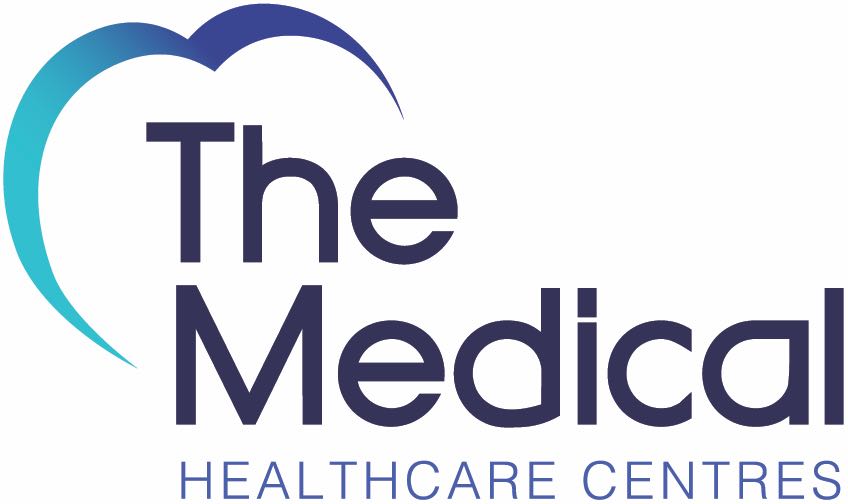Specialist tendonitis care in Bristol
Tendonitis (such as tennis elbow) is when a tendon swells up and becomes painful after an injury. Read on for symptoms, causes and how we can help.
Tendonitis is most often caused by sudden, sharp movements or repetitive exercise, such as running, jumping or throwing.
Using world-leading diagnostics, our Physiotherapists get the right diagnosis, and build a treatment plan tailored to your individual health goals, as well as delivering fast and effective pain relief.
-
What is Tendonitis?
A Bit About Tendonitis..
There are tendons all over your body. They connect your muscles to bones, for example in your knees, elbows and shoulders.
The main symptoms of tendonitis are:
- pain in a tendon (for example, in your knee, elbow or shoulder) that gets worse when you move
- difficulty moving the tendon
- feeling a grating or crackling sensation when you move the tendon
- swelling, sometimes with heat or redness
- a lump along the tendon
There are many different types of tendonitis, depending on which area of the body is affected.
What Can Cause Tendonitis?
Tendonitis is most often caused by sudden, sharp movements or repetitive exercise, such as running, jumping or throwing.
To help reduce your risk of tendon injuries:
Do
- warm up before exercising and stretch afterwards
- wear suitable shoes for exercise
- take regular breaks from repetitive exercises
Don't
- do not overexercise tired muscles
- do not start a new sport without some training or practise
- do not stick to the same repetitive exercises
Specialist Treatment And Prevention Of Tendonitis...
Your doctor may prescribe a stronger painkiller or cream or gel to bring down the swelling.
If your injury is severe or lasts a long time, you may be offered physiotherapy. You can also choose to book appointments privately.
You may be referred to hospital for a scan if your doctor thinks you could have another injury, such as a broken bone.
Some people with long-term or severe tendonitis may be offered:
- steroid injections – which may provide short-term pain relief
- surgery – to remove damaged tissue or repair a ruptured tendon
- shockwave therapy – which may help speed up healing
- platelet rich plasma injections (PRP) – which may help speed up healing
If you have a particular question about Tendonitis, why not ask one of our expert clinicians for some free advice? -
Should I see a Physiotherapist?
Physiotherapy is for everybody. Whether your suffer from long term back pain, your wrist is aching from working at the kitchen table, you’ve pulled your shoulder at the gym, or you slept funny and woke up with a niggle in your neck…
Booking in for an assessment with one of our specialists will put your mind at ease, provide you with a sound explanation, and a plan to combat the pain.
We’re all guilty of putting our bodies on the back-burner, but it’s best to take the first step and catch pain early to prevent it progressing down the line. The sooner we get it sorted, the better!
-
What can I expect during my course of treatment?
Your treatment plan will combine hands-on treatment with rehabilitation, and strength and conditioning sessions.
Your hands-on treatment will take place in one of our fully equipped treatment rooms. Your therapist will use a full range of techniques including ultrasound, soft tissue massage, joint mobalisation, manipulation and acupuncture.
Rehabilitation sessions take place in the gym, where our therapist have access to the latest exercise equipment, 3D Movement Analysis and Gait Analysis equipment.
If appropriate, we also have access to IDD Therapy, which uses computer-controlled pulling forces delivered by the SPINA medical device to gently decompress (take pressure off) targeted segments of the spine in order to take pressure off specific discs and nerves whilst at the same time, gently stretching tight muscles and stiff ligaments.
Having gone through a course of hands-on treatment and rehabilitation, your physiotherapist will track your progress by re-testing your injury using the 3D Movement Analysis system. The results will be discussed with you and we'll decide next steps together.
Temple Quay
- Call 0117 244 4540
- Great public transport links
- Onsite rehab gym
- Early and late appointments
Westbury-on-Tyrm
- Call 01172 444 542
- Free parking
- Onsite rehab gym
- Early and late appointments
Keynsham
- Call 01179 866 578
- Free parking
- Onsite rehab gym
- Early and late appointments

